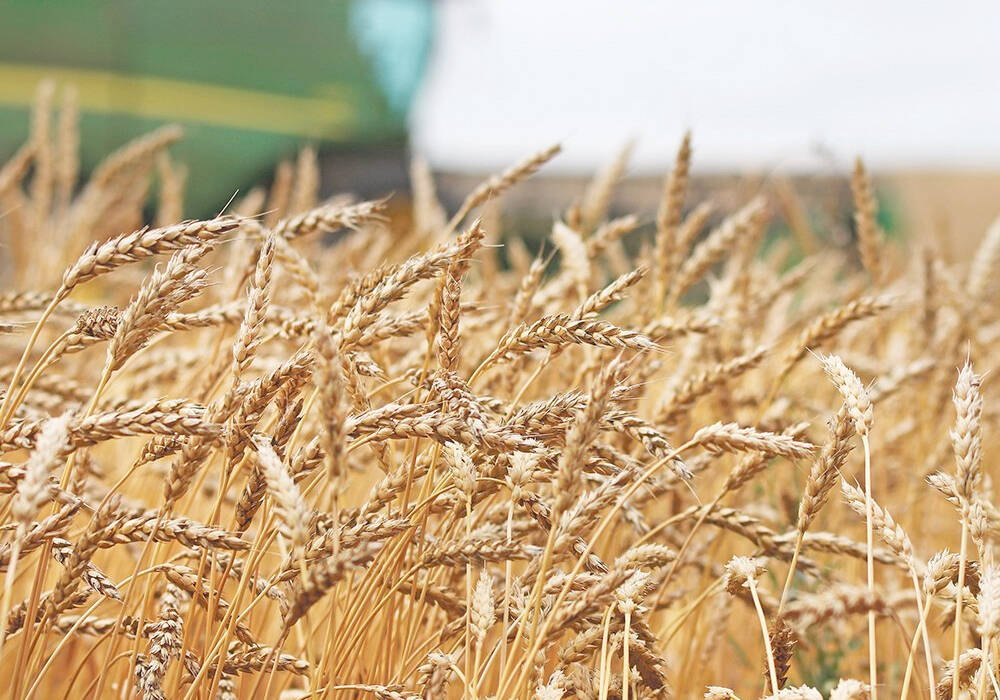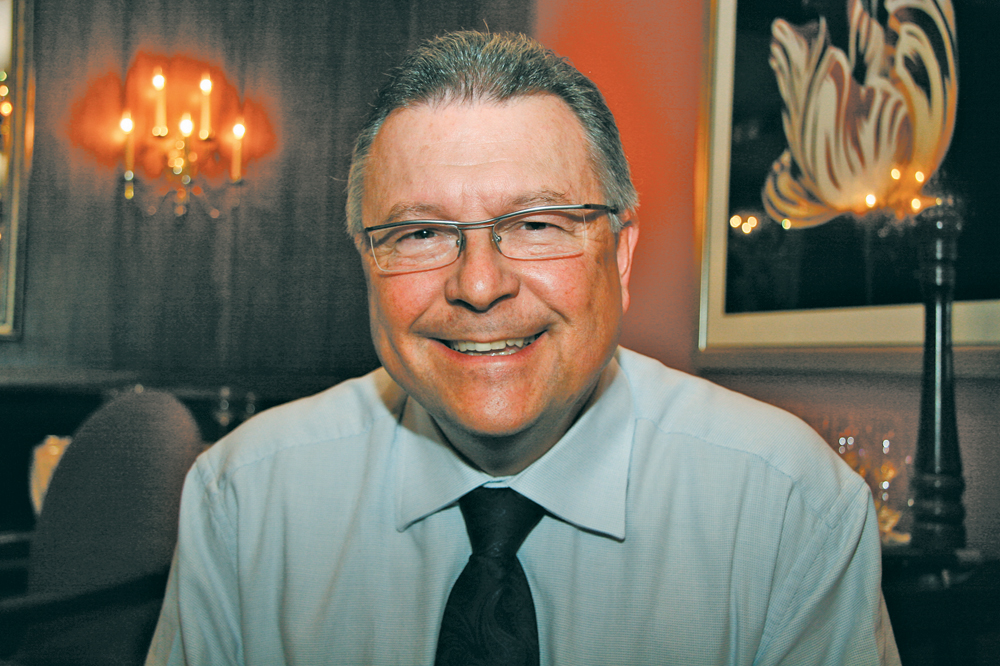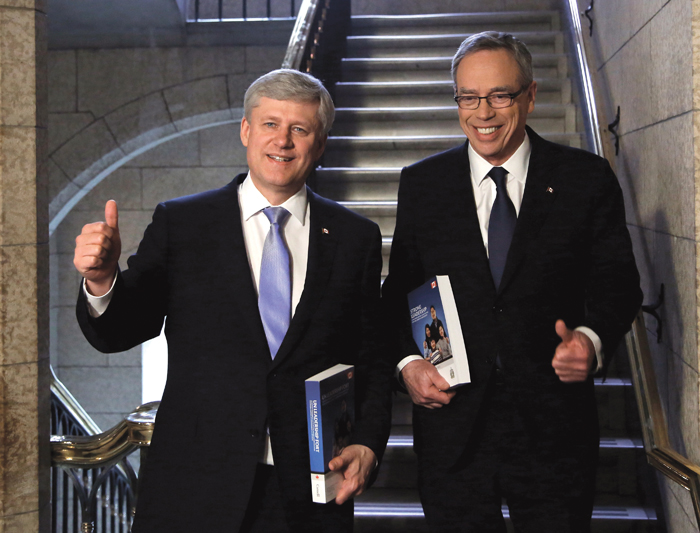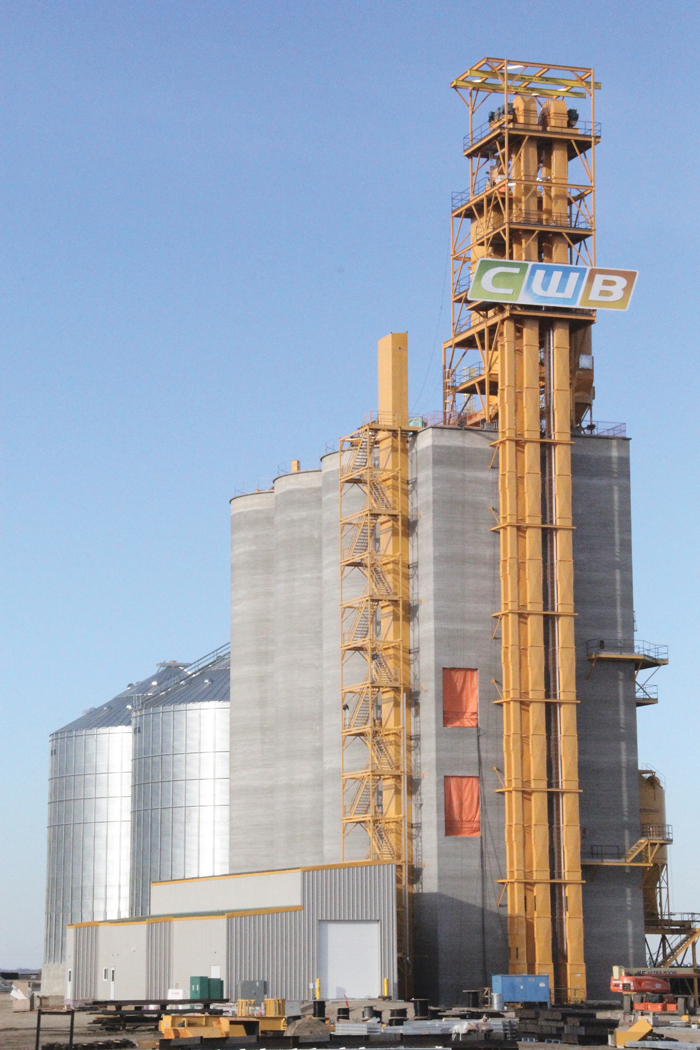The Friends of the Canadian Wheat Board (FCWB) and National Farmers Union and federal NDP oppose the sale.
“This was just another step in the largest transfer of wealth away from farmers in the history of this country,” said FCWB chair Stewart Wells who farms at Swift Current, Sask., and served as an elected wheat board director.
“In 2012 they seized the assets farmers paid for and now they are giving those assets to one of the largest grain and food handlers in the world. It just adds insult to injury.”
Read Also

Wheat prices likely headed for sideways trade
U.S. brush with a severe winter storm put only brief upward pressure on wheat futures markets into last week of January.
The Western Canadian Wheat Growers Association, Western Barley Growers Association and Grain Growers of Canada support the deal.
“Overall we see this deal as a positive development for farmers,” WCWGA president Levi Wood said in a release. “It strengthens competition, increases grain-handling capacity and gives farmers an opportunity to share in the growth of the CWB.”
Neither the Keystone Agricultural Producers (KAP) nor the Agricultural Producers of Saskatchewan (APAS) have an official position, however, both presidents Dan Mazier and Norm Hall, echoed Wood’s comments.
Saskatchewan’s Progressive Conservative Party issued a release saying farmers aren’t getting what was promised.
“Many producers hoped this equity position would translate into some say in governance of a privatized CWB as was promised by Minister Ritz…” PC leader Rick Swenson said in a release.
The PCs oppose the sale because the Saudi Agricultural Livestock Investment Company (SALIC), is owned by the Kingdom of Saudi Arabia.
“What self-respecting Canadian farmer is going to risk their money and their grain with a country which does not respect the Rule of Law, doesn’t have a self-regulated securities commission, does not let its female citizens have basic rights like a driver’s licence, beheads people in public squares after conviction in religious courts and funds fundamentalist Muslim jihadists worldwide?” the release said. “These same people are being allowed to take a 100 per cent control of a segment of the Canadian grain industry after seven years with no say by the Canadian farmer equity holders.”
The Western Grain Elevator Association said its members look forward to closing this chapter of Prairie history.
“It is hard to be able to judge whether this deal is good for farmers or taxpayers not knowing how they arrived at the valuation or how much government money may or may not have been transferred,” executive director Wade Sobkowich said in an email. “That being said it is positive that the government appears to be ending its involvement with the CWB so we as an industry can close this chapter and move forward.”
The Farmers of North America (FNA) are asking questions too. Last fall CWB rejected its plan to buy CWB creating a majority farmer-owned grain-handling and marketing company that also distributes fertilizer. FNA questions how well farmers will be served as minority shareholders in partnership with foreign-owned G3.
Manitoba Agriculture Minister Ron Kostyshyn, who is pleased CWB’s headquarters remain in Winnipeg, said he wants farmers to have a role in the new CWB.
















